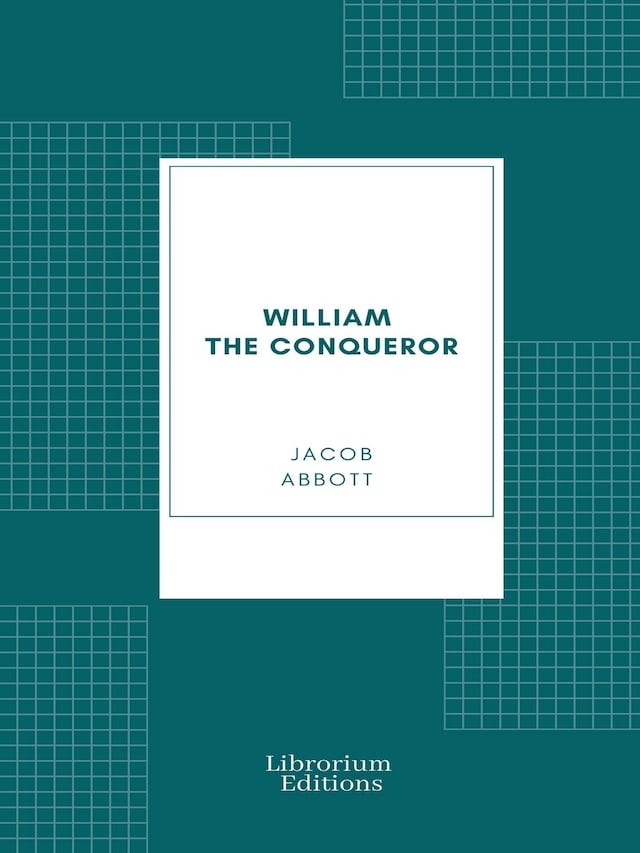
William the Conqueror


